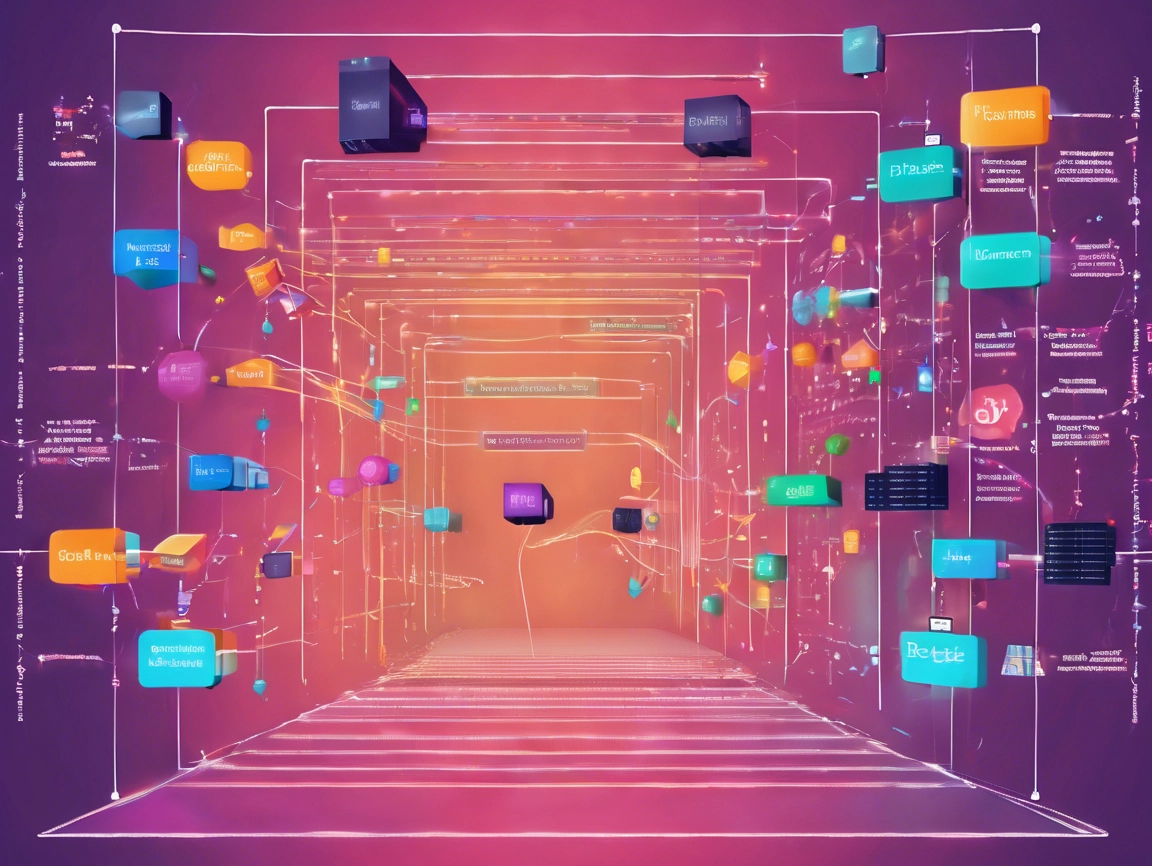Unleashing the Magic: EF Core Meets Microservices Bliss!
Microservices architecture is all about independence, allowing each service to operate and scale independently. However, this independence often leads to challenges in data management. This is where EF Core steps in like a superhero, providing developers with a rich set of tools and features to manage data across various microservices effortlessly. With its support for multiple database providers, EF Core makes it joyous to switch between databases, whether you fancy SQL Server, PostgreSQL, or SQLite.
The integration of EF Core in microservices can be likened to weaving a colorful tapestry. Each microservice can manage its own data context, allowing for a distinct yet harmonious data structure. This microservice independence fosters an environment where teams can innovate faster, deploying services without worrying about the underlying data management complexities. Coupled with features like migrations and LINQ queries, EF Core turns data handling into a delightful experience, allowing developers to focus on what they do best—creating exceptional applications.
Moreover, EF Core’s built-in support for asynchronous programming adds a sprinkle of joy to your microservices journey. With the ability to perform non-blocking operations, you can enhance the performance of your applications without compromising on responsiveness. The result? Microservices that not only communicate seamlessly but also deliver lightning-fast responses, making users smile with every interaction. Embrace the magic of EF Core, and let your microservices flourish!
Harmonizing Data Dreams: Joyful Connections Await You!
As you embark on your microservices journey, the need for effective data management becomes paramount. EF Core’s capability to work with multiple data access patterns harmonizes your data dreams, allowing you to tackle challenges such as distributed data management and eventual consistency with ease. By leveraging features like DbContext and repository patterns, you can create a uniform approach to data access across your services, thereby reducing complexity and enhancing maintainability.
Connecting microservices through EF Core also opens up a world of possibilities for implementing cross-cutting concerns such as logging, caching, and error handling. This delightful synergy empowers you to build resilient applications, as each service can independently manage its data while still adhering to overarching business rules and performance metrics. The result is a cohesive system where data flows freely between services, all while maintaining integrity and stability.
Lastly, the vibrant community around EF Core ensures that developers have access to a treasure trove of resources, tutorials, and best practices. This collective knowledge not only makes learning fun but also fosters a collaborative spirit among developers. As you navigate your microservices journey, you can rely on the experiences and insights shared by others, making the process even more enjoyable. So harness the power of EF Core, and watch as your data dreams transform into a beautiful reality, paving the way for a flourishing microservices ecosystem!
In conclusion, the journey of connecting EF Core to your microservices architecture is a joyous adventure filled with endless possibilities. By leveraging EF Core’s powerful features, you can streamline data management, enhance performance, and create resilient applications that delight users. Embrace the magic of EF Core, harmonize your data dreams, and join a vibrant community of developers who are equally excited about building innovative solutions. Your microservices journey awaits—let’s make it a joyful one! For more insights and resources on EF Core, check out the official Microsoft documentation and dive deeper into the world of microservices here.




